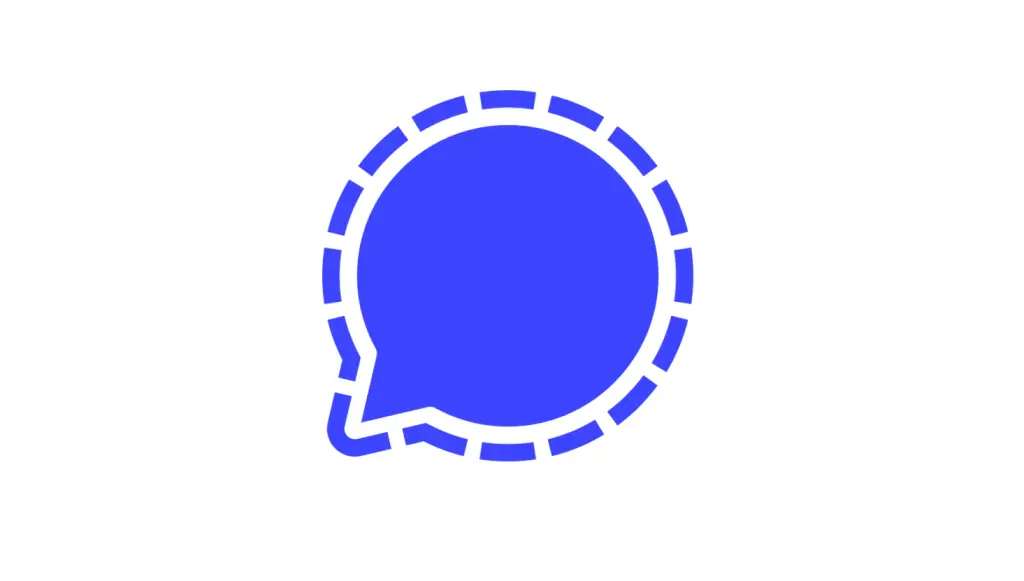
Signal President Meredith Whittaker came to the defense of the messaging platform following a recent incident involving Trump administration officials who inadvertently added a journalist to an encrypted group chat discussing potential U.S. military strikes on Yemen’s Houthi rebels. Despite mounting concerns among Democratic lawmakers over a possible breach of national security, Whittaker refrained from directly addressing the controversy, instead highlighting Signal’s enduring advantages over its competitors.
In a post on X, Whittaker hailed Signal as the “gold standard of private communication,” emphasizing its open-source foundation, lack of commercial incentives, and implementation of technologies designed to protect not only the content of messages but also sensitive metadata. She noted that, unlike WhatsApp, Signal collects virtually no user data and offers minimal information even in response to official requests.
“WhatsApp uses our cryptographic protocols to safeguard message content, but it does not protect metadata—such as contact lists, or who messages whom and when. And that data is profoundly sensitive,” Whittaker explained.
In response, a WhatsApp spokesperson acknowledged that the platform does utilize metadata to combat spam and abuse but insisted it does not log message content or exploit communications for advertising purposes.
The incident reignited debates over the security of digital communications. Downloads of Signal in the United States surged by 16% in the first quarter of 2025 compared to the previous quarter and rose by 25% year over year, according to data from Sensor Tower.
In an earlier interview with the Dutch newspaper De Telegraaf, Whittaker had remarked that WhatsApp could be compelled to share user information simply because it collects such data by design. Signal, on the other hand, retains nothing that could be subpoenaed or exposed.


